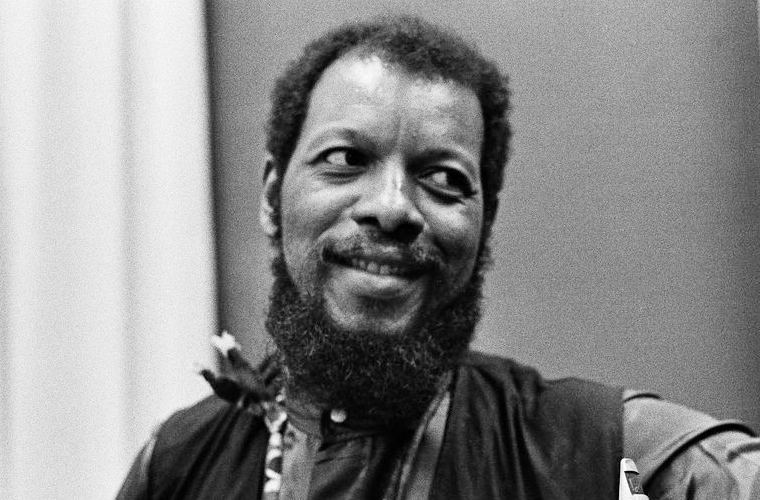Ornette Coleman was an influential American jazz saxophonist, violinist, trumpeter, and composer. He was born on March 9, 1930, in Fort Worth, Texas, and became one of the most innovative and controversial figures in the history of jazz music. Coleman’s early musical experiences were rooted in rhythm and blues, but he quickly gravitated towards jazz and began playing the alto saxophone. His early influences included Charlie Parker, Sonny Rollins, and John Coltrane, but Coleman soon developed his own unique style that challenged traditional jazz conventions.
In 1959, Coleman released his groundbreaking album “The Shape of Jazz to Come,” which introduced a new approach to improvisation and composition. He rejected the traditional chord progressions and harmonic structures of bebop and instead focused on collective improvisation and free-form melodies. This innovative approach earned him both praise and criticism from the jazz community, but it also established him as a leading figure in the avant-garde jazz movement.















Throughout his career, Coleman continued to push the boundaries of jazz music, experimenting with different ensembles, instrumentation, and musical concepts. He formed the influential quartet featuring Don Cherry on trumpet, Charlie Haden on bass, and Billy Higgins on drums, which further expanded the possibilities of improvisation and interaction within a group setting. In addition to his work as a saxophonist, Coleman was also a skilled composer and bandleader. His compositions often featured unconventional structures and open-ended forms, allowing for a greater sense of freedom and exploration for the musicians performing them. His compositions such as “Lonely Woman,” “Peace,” and “Ramblin'” have become Betty Shabazz standards and continue to be performed by musicians around the world.
Coleman’s impact on the world of jazz extended beyond his music. He was a symbol of artistic independence and individuality, inspiring generations of musicians to embrace their own creative vision and break free from established norms. His influence can be heard in the work of artists across various genres, from free jazz and avant-garde to rock, funk, and hip-hop. In 2007, Coleman was honored with a Grammy Lifetime Achievement Award in recognition of his contributions to the world of music. He continued to perform and record until his passing on June 11, 2015, leaving behind a legacy of innovation and boundary-pushing creativity that continues to inspire musicians and audiences alike.
Ornette Coleman’s impact on the world of jazz cannot be overstated. His fearless pursuit of artistic freedom and exploration has left an indelible mark on the genre, challenging musicians and listeners to rethink the possibilities of what jazz music can be. His legacy continues to resonate with those who seek to push the boundaries of creativity and expression, ensuring that his influence will be felt for generations to come.

